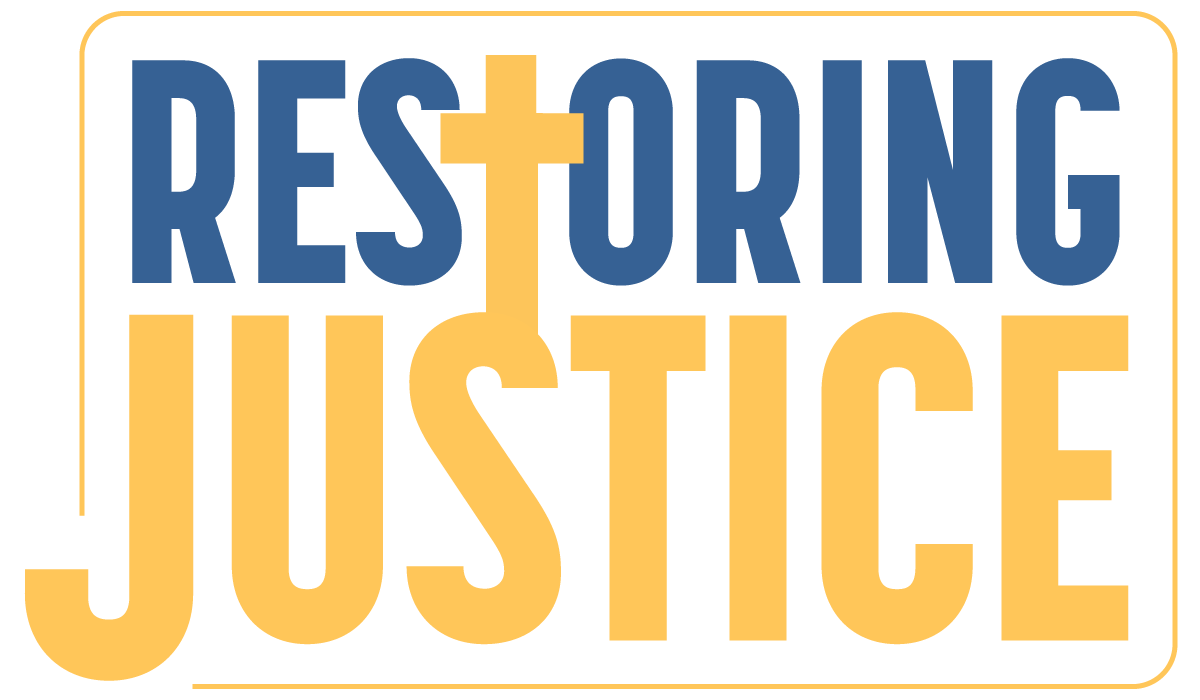What Happens When You Can’t Afford Bail
In Houston’s criminal legal system, whether or not you can afford to post bail can make the difference between a life encumbered by the system and a life of freedom.
In a nation that espouses the presumption of innocence and the importance of civil liberties, the use of cash bail to keep people accused of crimes in jail before their trial is shockingly prolific, especially in Harris County.
In Harris County, the amount that someone accused of a crime must pay in order to be released from police custody is not individualized for their ability to pay, which leads to lower-income individuals having to remain in jail before their trial date. With this in mind, a lot can happen between their arrest and trial and even after their release from jail.
Pretrial
After someone is arrested and if they cannot afford to post bail, that person is placed in jail where they wait for a trial or hearing that may completely determine the trajectory of their life, but not enough attention is given to the interim period between arrest and trial: the pretrial jail stay.
Waiting times for trials in Harris County jails range from a few weeks to even years. To add insult to injury, the length of time between internment and lawyer visitation can almost take just as long, so a legally innocent person not only worries about how much time they have to spend in squalid jail cells but also about whether or not they have someone who will fight for them.
When someone cannot afford to post bail, their financial situation is probably in a state where they cannot afford to retain an attorney either, and in a county jail that is notorious for its overcrowding issues, you better believe that affordable and quality representation is hard to come by.
Speaking of crowded jail cells, Harris County is notorious for its lack of quality jail cell conditions for pretrial detainees. People in the system are subject to issues such as overcrowding, neglect, and abuse even before they are officially convicted of a crime.
After Jail or Dismissal
In addition to strong normative arguments against the way the criminal justice system uses its cash bail system, including its unconstitutionality and its propensity to disproportionately affect poorer communities, there are also empirical measurements as to the concrete effects of one’s stay in the Harris County jail system.
On top of being separated from one’s family or support group, a lengthy jail stay can cost you your future life prospects and stability. According to a study by the Texas Judicial Council, people detained pretrial are significantly more likely to lose employment after staying in jail for more than two days. These same people are also more likely to experience difficulties in acquiring a stable residence after their time spent in jail, so the consequences of not being able to post bail are likely to land beyond the bars of a jail cell.
Even when someone’s charges are dismissed, the charge remains on their record until it goes through another court proceeding, so on top of losing their employment, a defendant may find it more difficult to find jobs or housing. The only way for someone to clear their record of a dismissed charge is through a lengthy process called expungement, which they may or may not be able to endure.
Conclusion
The pretrial stay of someone accused of a crime is one of the most impactful aspects of the Harris County criminal legal system. One’s life may be upended or possibly ruined even if they are deemed innocent or had their case dismissed. To avoid being a system of arbitrary punishment that prejudices the poor and unfortunate, the Harris County bail and jail system requires immediate and broad reform.
— Jordan Navarijo, Belmont College of Law, 1L
Restoring Justice Legal Intern

